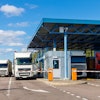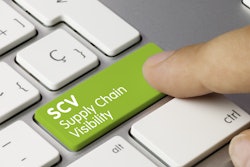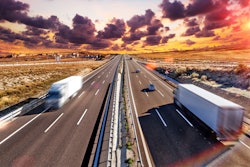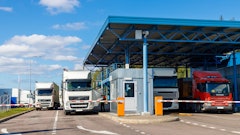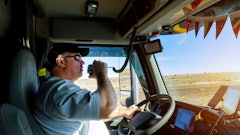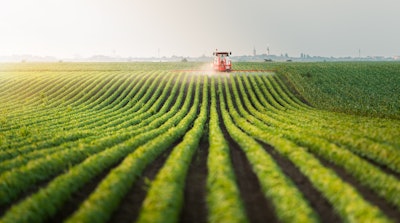
We have all had to live through some of the most challenging, traumatic and strange experiences in the last 1.5 years or so. Society and the speed of change have been upended. But, the pandemic is just one issue. There is polarization everywhere. The job market is tumultuous to say the least, and the new economy is not what anyone was expecting or had planned for. Among the hardest hit are supply chains, with food being of especially concern. This has manifested both on the point of origination, and goes all the way to the end user. Some have called this farm to table, and while that is an accurate assessment, it goes even further to farm to warehouse, farm to store, farm to restaurant and farm to pantry.
Throughout the pandemic, there has been both a solution and a problem emerging at the same time. What was once information that could be isolated by distance is now connected almost instantly through digital means. Blockchain and crypto technologies are disrupting established systems, and we are electrifying mobility whilst chasing autonomous solutions. These changes are but some of the few innovations being developed and deployed. We are all living in the age of rapid transformation and evolution – yet at the same time sitting on the edge of a revolutionary leap.
Remember the impact of societal changes made when PCs were introduced on a mass affordable scale? How about internet access for most households? iPad/iPhone for content consumption and connectivity? Tesla for electric mobility/battery solutions? All of these had what’s called “mass revolutionary model” that changed user behavior.
The problem? It has really not been easy for most in the food industry to implement and adapt to the required changes brought about by this rapid technology boom. The large enterprises have had to deploy significant capital to remain relevant, but it has not been as easy for small-to-medium enterprises.
That’s why the food logistics industry needs a fundamental shift for technology equality and access. This is true regardless of whether it's something as simple as reliable and fast internet access or more complex such as a data-driven last-mile solution, or fair automated workforce scheduling management that helps retain staff. All of these are becoming essential tools for survival for businesses in the food industry. Today, we are in a unique position where users/consumers/employees are demanding change as a result of their needs, and this, if anything, is going to increase in demand intensity. The small business sector and small entrepreneurs need to be supported and enabled now more than ever to deal with this demand. Not charity, not convoluted complex measures, but simple fairness as a starting point.
There’s a need to build a “better food future for all.” The keywords are “for all.” Just look at where some of the leading billionaires are investing their capital lately – a lot of it seems to be going into food origination and distribution. Their models must be showing a rather complex future. Therefore, we cannot forget the non-hyper-urban centers, nor can we forget the hard-working non-technical industries when we think of the future. Examples of that are small-to-medium farms, small regional businesses, non-national restaurants, small manufacturers and other sectors that may not seem sexy but are indispensable.
We need to be able to democratize technology. Technology should not become the wall that separates those who have an opportunity vs. those that are looking for one. Technology and innovation have become the next frontier of equality, opportunity and fairness. We cannot afford to support and encourage those who seek to limit competition, maintain the status quo or those who seek to destroy through attrition in order to protect their own interests. Besides oxygen, water and shelter, food is a non-negotiable need for all.
Change is difficult, but it's the small innovators, small farmers and small business owners that have also pushed boundaries and helped advance as humanity. Some of the world’s most important innovators have stood up to the ridicule, discrimination, heartaches and even persecution on their journeys. Not all could endure what was asked of them, but those that did made us all that much happier. That’s why it’s enlightening to hear of another innovation that has been created, be it in dairy distribution, restaurant management, mobility, automation or any other myriad of food and beverage sectors.
The successful ones are builders and supporters; the ones destined for a footnote in history are the ones who are focused on preventing technological change/competition and fair adoption of solutions emerging from the small entities. Even the behemoths cannot fully model out a future with perfect certainty. Thus, to build a better food future for all, we need to see the task as a group journey, one where even small-scale mavericks are not forgotten.




